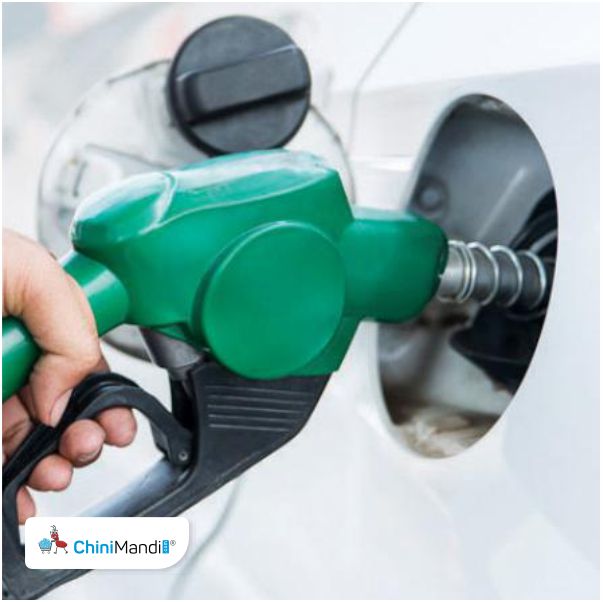The West Indian Sugar Mills Association (WISMA) has written to the Government requesting it to reduce the tax on Flex Fuel Vehicles (FFVs) and Electrified Flex Fuel vehicles (EFFVs), to make it affordable to the consumer.
In the letter addressed to both Prime Minister Narendra Modi and Maharashtra Deputy Chief Minister Ajit Pawar, the Association has written: “To further accelerate this programme, India introduced Flex Fuel Vehicles (FFVs) that can run 100% on ethanol. These vehicles can reduce dependence on imported crude oil. Brazil has successfully adopted this policy. In India, efforts have also begun to introduce FFVs, hybrid FFVs (FFV–SHEVs) and electrified FFVs (FFV–PHEVs) to replace ICE (petrol/diesel) engines”.
However, at present, the tax structure is harsh against the FFVs, making it costlier for consumers to buy.
The letter mentioned that FFVs attract 28% GST. Because of this, manufacturers and consumers are discouraged from adopting environmentally friendly ethanol-compatible vehicles. This creates a non-uniform and unjust tax structure that discourages technologies that reduce emissions and are essential for environmental protection.
The Association said that if corrected, this structure can reduce petroleum imports, promote flex fuel/electrified vehicle use, and support environmental conservation.
The automobile companies have already developed both Flex Fuel Engines and Hybrid Engines; however, to promote the use of this requires policy encouragement, so India’s ethanol consumption can increase, benefiting sugarcane farmers and strengthening rural economies.
Further, WISMA has made the following requests to the Government:
In 2Ws: FFVs should be placed in the 5% tax slab (as opposed to 18% for petrol 2Ws).
In the Car Segment: Small, Medium, or Large FFVs-SHEV and FFVs-PHEV should be placed in the 5% tax slab.
Speaking on the matter, President of WISMA, B B Thombare, said that “If the above demand is met, it will create a level playing field, encourage rapid adoption of FFVs and electrified FFVs, support India’s ‘clean mobility’ vision, and boost ethanol consumption, thereby benefiting the farmers.

















